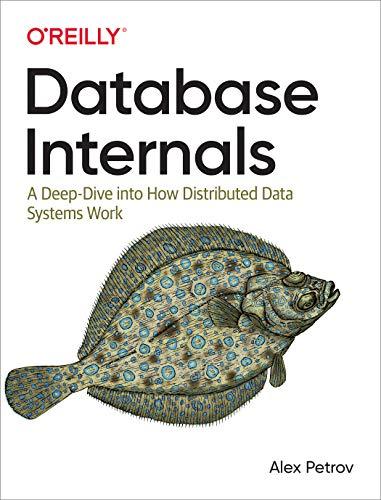Question
IN UNIX, I GET THREE ERRORS WHEN I COMPILE FOLLOWING CODE. PLEASE FIX IT #include #include #include #include #include #include #include #include #include static char*
IN UNIX, I GET THREE ERRORS WHEN I COMPILE FOLLOWING CODE. PLEASE FIX IT
#include
static char* args[512]; pid_t pid; int command_pipe[2]; static void waiting(int n);
static int command(int input, int first, int last) { int fd[2]; int flag=0; pipe( fd ); pid = fork();
if (pid == 0) { for(int i=0;args[i]!=0;i++) { if(args[i][0]=='>') { fd[1]=open(args[i+1], O_CREAT|O_TRUNC|O_WRONLY, 0644); flag=1; } if(args[i]=='>>' ) { fd[1]=open(args[i+1], O_APPEND|O_WRONLY, 0644); flag=1; } } if (first == 1 && last == 0 && input == 0) { //fprintf(stderr, "here "); dup2( fd[1], 1 ); } else if (first == 0 && last == 0 && input != 0) { dup2(input, 0); dup2(fd[1], 1); } else { if(flag==1) { dup2(fd[1],1); } dup2( input, 0 ); } if(flag==1) { if(strcmp(args[1],">>")==0) execlp(args[0], args[0], 0, (char *)0); else if(strcmp(args[1],">")==0) execlp(args[0], args[0], 0, (char *)0); else execlp(args[0], args[0], args[1], (char *)0); } else if (execvp( args[0], args) == -1) exit(1); }
if (input != 0) close(input); close(fd[1]); if (last == 1) close(fd[0]); return fd[0]; }
static int run(char* cmd, int input, int first, int last); static char line[1024]; static int n = 0; /* number of calls to 'command' */
int main() { printf("SIMPLE SHELL: Type 'exit' to exit. "); while (1) { /* Print the command prompt */ printf("$$$ "); fflush(NULL);
/* 0 a command line */ if (!fgets(line, 1024, stdin)) return 0;
int input = 0; int first = 1;
char* cmd = line; char* next = strchr(cmd, '|'); /* Find first '|' */
while (next != NULL) { /* 'next' points to '|' */ *next = '\0'; input = run(cmd, input, first, 0);
cmd = next + 1; next = strchr(cmd, '|'); /* Find next '|' */ first = 0; } input = run(cmd, input, first, 1); waiting(n); n = 0; } return 0; }
static void tokenize(char* cmd);
static int run(char* cmd, int input, int first, int last) { tokenize(cmd); if (args[0] != NULL) { if (strcmp(args[0], "exit") == 0) exit(0); n += 1; return command(input, first, last); } return 0; }
static char* skipspace(char* s) { while (isspace(*s)) ++s; return s; }
static void tokenize(char* cmd) { cmd = skipspace(cmd); char* next = strchr(cmd, ' '); int i = 0;
while(next != NULL) { next[0] = '\0'; args[i] = cmd; ++i; cmd = skipspace(next + 1); next = strchr(cmd, ' '); }
if (cmd[0] != '\0') { args[i] = cmd; next = strchr(cmd, ' '); next[0] = '\0'; ++i; }
args[i] = NULL; }
static void waiting(int n) { int i; for (i = 0; i < n; ++i) wait(NULL); }
PLEASE PROVIDE SCREENSHOT OF WORKING PROGRAM AND ILL GIVE YOU A GOOD RATING
Step by Step Solution
There are 3 Steps involved in it
Step: 1

Get Instant Access to Expert-Tailored Solutions
See step-by-step solutions with expert insights and AI powered tools for academic success
Step: 2

Step: 3

Ace Your Homework with AI
Get the answers you need in no time with our AI-driven, step-by-step assistance
Get Started


